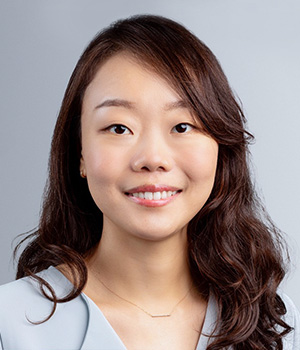View Quality:
Won Hee Ko, New Jersey Institute of Technology | Alp Durmus, Pennsylvania State University
Location: Nassau
TuesdayMarch 18, 2025
10:30 am - 11:30 am ET
Credits 1 LU | Elective
Introductory
View quality from lighting, internal objects, and windows plays a vital role in built environments, positively impacting occupants. However, assessing this quality is challenging due to limited guidelines and the complexity of visual perception. Current methods struggle when diverse visual features overlap. This presentation explores the importance of view quality and how it can be measured using computational metrics like spatial frequency, fractal patterns, and color contrasts. Two human-subject studies show a strong correlation between view quality ratings and several image quality metrics. Colorfulness, naturalness, and spatial details emerged as promising objective measures for view quality assessment.
Learning Objectives
- Learn various image quality metrics related to views in the built environment
- Identify the primary image quality metrics that can predict view quality
- Describe the factors defining view quality
- Consider image quality metrics in building design process
Speakers

Dr. Won Hee Ko is an Assistant Professor at the New Jersey Institute of Technology. Her research focuses on integrated analysis of environmental quality for architecture with an aim to improve occupant health, well-being, and productivity. Prior to joining NJIT, she worked as a postdoctoral researcher at the Center for the Built Environment, UC Berkeley, where she also earned her Ph.D. degree in Architecture, with a specialization in Building Science, Technology and Sustainability. Won Hee has professional experience at Buro Happold Engineering (facade and computation analysis teams). She received her BArch from Yonsei University, South Korea, and her MS in Building Science from the University of Southern California.
Over the past three years, her research has focused on view quality assessment. Firstly, she published a framework for evaluating view quality in the built environment. Following, she worked on studies looking into view access and clarity using different facades materials while applying advanced technologies including virtual reality (VR) and 3D point cloud systems.

Alp Durmus research is focused on adaptive and next generation illumination systems, color science, and the interaction between occupants and built environments with respect to a wide range of applications on energy consumption, user interaction, and environmental impacts.
